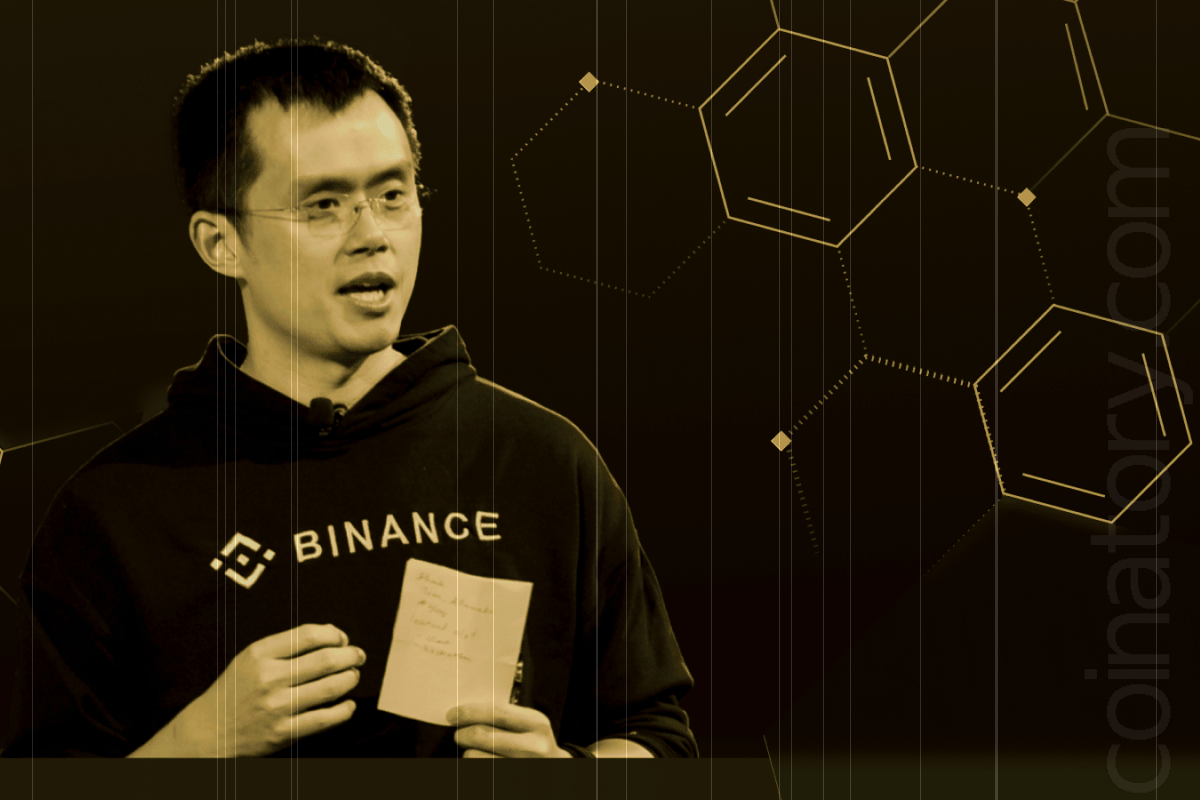
Changpeng “CZ” Zhao, founder of Binance and one of the most prominent figures in the cryptocurrency industry, has sharply criticized The New York Times for what he calls an attempt to fabricate “Fear, Uncertainty, and Doubt” (FUD). The accusation follows a recent NYT inquiry implying a personal or business link between Zhao and Tianying “Sky” He, a participant in a Washington, D.C. dinner promoting pro-Trump meme coins.
In a series of posts on social platform X, Zhao disclosed private questions from a New York Times reporter. The inquiries suggested possible affiliations between Zhao, He, and the LuckyFuture project, based on Sky He’s online interactions with Zhao and a publicly visible photo of the two.
Zhao rebuffed the insinuations, branding them “desperate” and grounded in weak associations. He emphasized that he only became aware of Sky He’s project after a public post in May 2024 about decentralized exchanges. Zhao noted he followed Sky He only after seeing a BNB Chain logo in one of his posts and stressed there had been no prior connection.
Addressing the use of the term “大表哥” (dà biǎogé, or “big cousin”), Zhao dismissed the interpretation as a literal familial tie, explaining it is a colloquial term of respect commonly used in Chinese-speaking crypto circles. “I took 600 selfies in one day in Token Dubai alone,” Zhao quipped, adding that such terms are often casually used by members of the broader crypto community.
This isn’t the first time Zhao has pushed back against media narratives. Just weeks ago, he countered Wall Street Journal reports claiming he acted as an intermediary for Donald Trump’s World Liberty Financial (WLF) and allegedly engaged in talks with Trump family representatives regarding investments in Binance.US. The WSJ connected these activities to Zhao’s request for a presidential pardon after pleading guilty to violating U.S. anti-money laundering laws, which led to a four-month prison sentence and his removal from Binance management.
Zhao confirmed on May 8, 2025, that he had officially filed for clemency from President Trump, referencing the administration’s prior pardons of BitMEX executives convicted under similar statutes.
Zhao’s response underscores a broader trend among high-profile crypto figures increasingly challenging traditional media narratives, particularly as political tensions intersect with the digital asset landscape.







